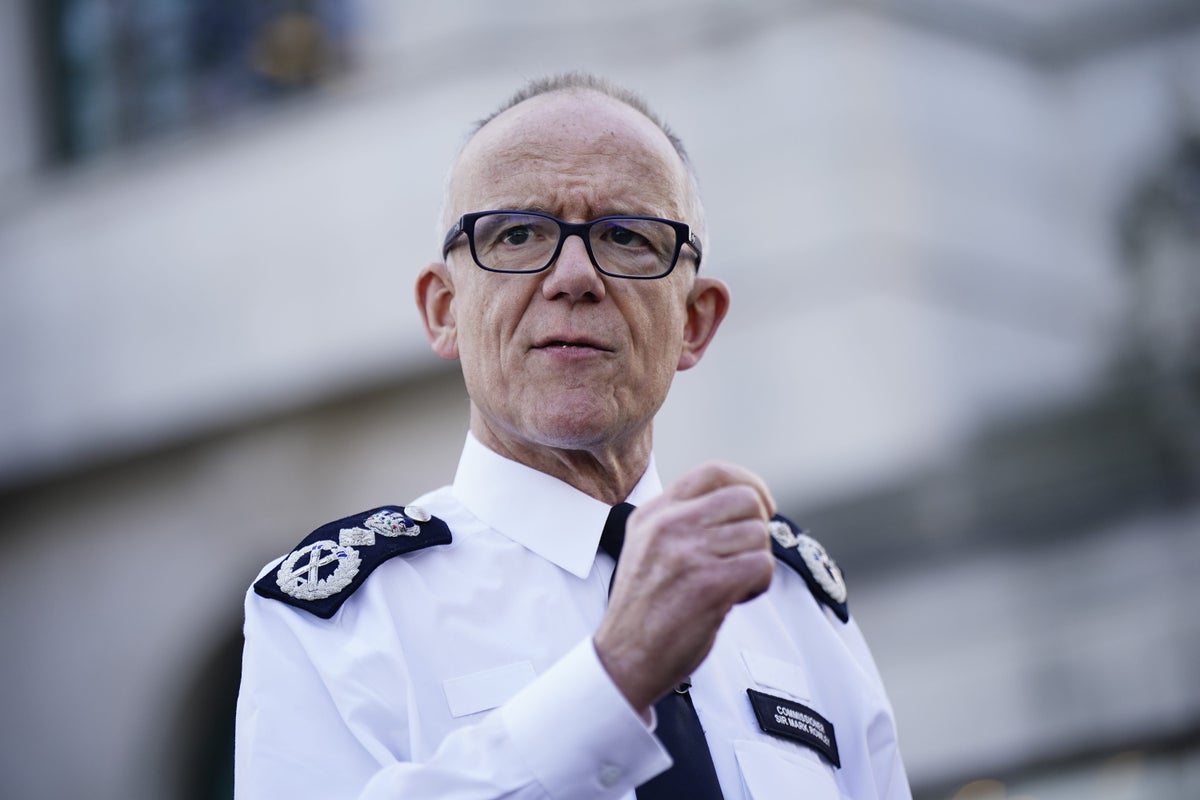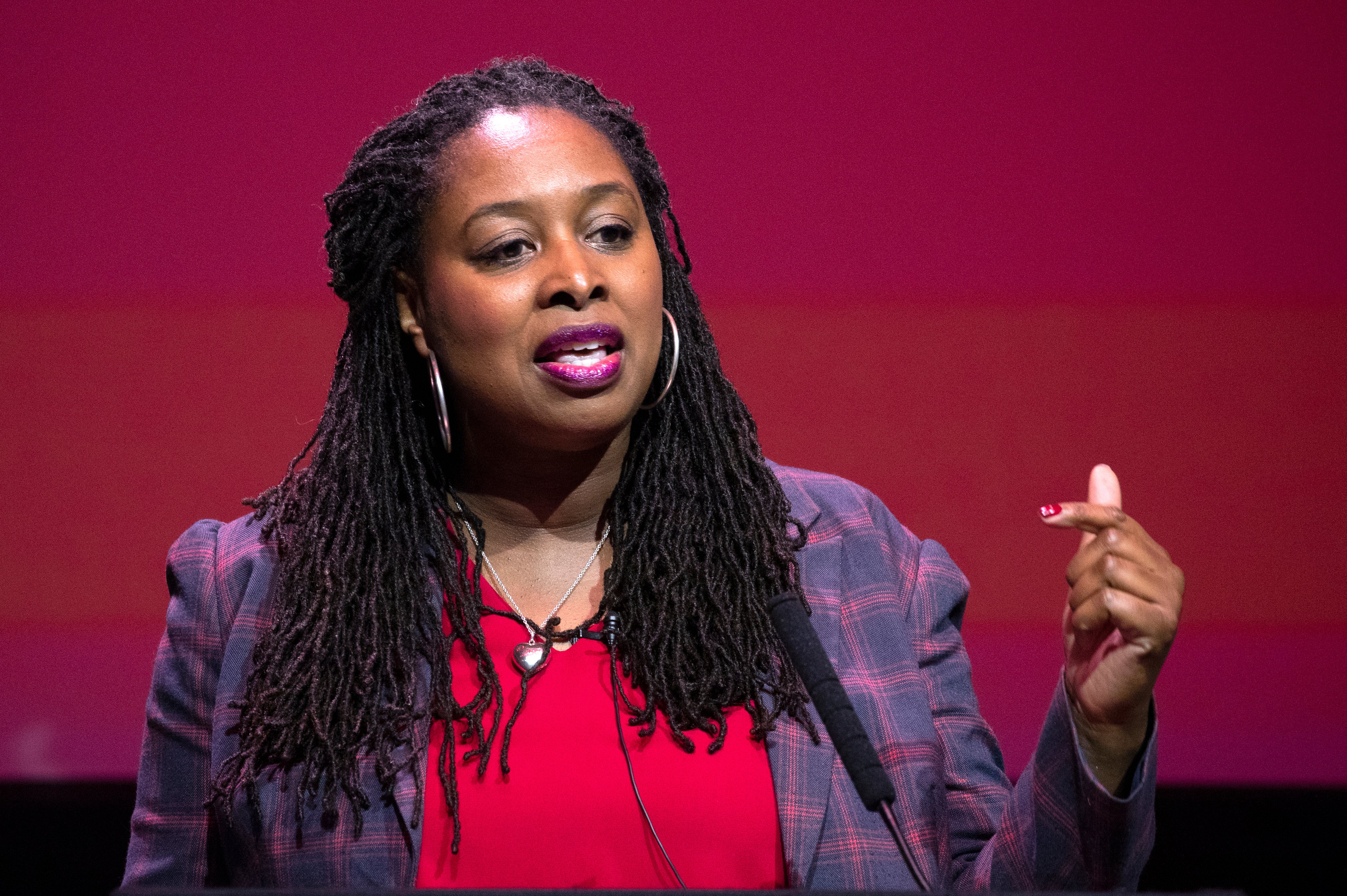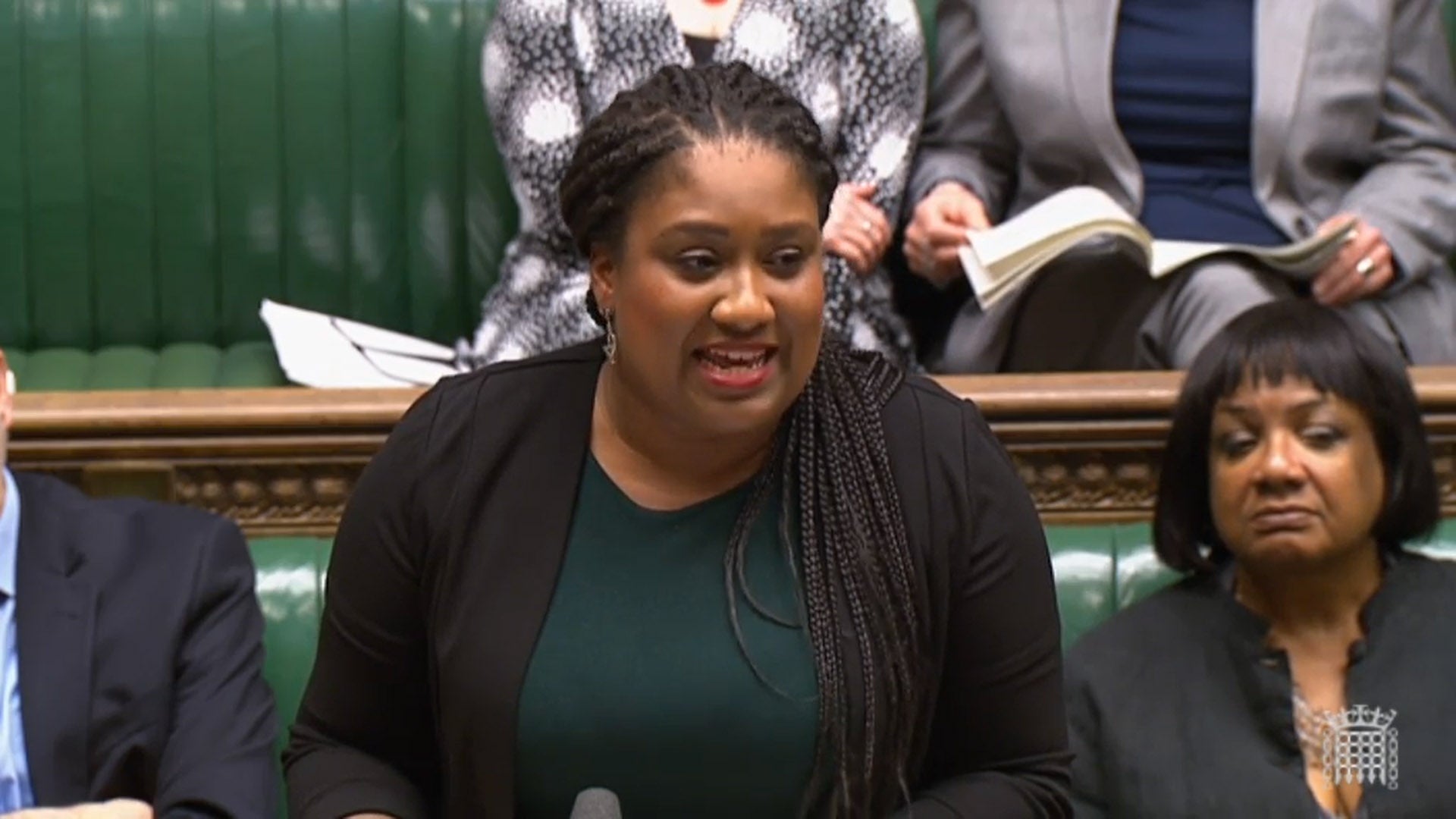
Metropolitan police commissioner Sir Mark Rowley has privately admitted in the past that there is institutional racism in the force, two Labour MPs have claimed.
Dawn Butler, Labour MP for Brent Central and and Bell Ribeiro-Addy, Labour MP for Streatham, said that commissioner Rowley had agreed there was an issue with institutional racism in the force in previous meetings, but that he had backtracked due to “pressure” from the government.

After a report by Baroness Louise Casey earlier this week said institutional racism existed in the force, Sir Paul said he does not use the term.
The report, which was comissioned following the kidnap, rape and murder of Sarah Everard by then-serving officer, Wayne Couzens in 2021, found institutional racism, sexism and homophobia in the Met.
“I have to use practical, unambiguous, apolitical language,” he said. “I don’t think the term fits those criteria, it means different things to different people. It’s become quite politicised as an idea.”
However, Bell Ribeiro-Addy told The Independent: “In previous meetings, the Met Commissioner didn’t seem to have an issue with referring to institutional discrimination in the Met. It seems that after political pressure, this has changed.”
She continued: “The Casey Report leaves no doubt that what is happening in the Met amounts to institutional misogyny, racism, and homophobia. It’s hard to have confidence that these issues are going to be addressed in full when the Government and Met leadership are deliberately choosing not to name them for what they are.

“It’s harder to have confidence still when the Government is pushing ahead with plans to create new unaccountable police powers which will disproportionately impact racialised communities in the same week.”
Labour MP Dawn Bulter shares Ms Ribeiro-Addy’s concerns. She told PoliticsHome that in “many meetings”, Sir Paul had “never rejected the term institutional racism” to her in the past.
As chair of Labour MPs in London, Ms Butler chaired many meetings with the commissioner, she said.
Ms Bulter continued: “Mark has never rejected the term institutional racism or shied away from the volume of work that needs to be done to make the police a safe space and policing safe for the communities it seeks to serve.
“I can only conclude that pressure has been put in him by the government or others not to accept the terminology of institutional racism.”
The Labour MP also urged Sir Paul to change his stance.
Commissioner Sir Mark Rowley said: “I want the Met to be anti-racist, anti-misogynist and anti-homophobic. In fact, I want us to be anti-discrimination of all kinds.
“ I accept Baroness Casey’s findings about the racism, misogyny and homophobia in the organisation and also that we have systemic failings, management failings and cultural failings.
“I understand her use of the term institutional but it’s not a term I use myself.
“I’m a practical police officer and I have to use language that’s unambiguous and apolitical. That term means lots of different things to different people and has become politicised in recent debate over the last decade or so.”
The Casey report found that there are people in the Met with racist attitudes, and black, Asian and ethnic minority officers and staff are more likely to experience racism, discrimination and bullying at their hands. “Discrimination is often ignored, and complaints are likely to be turned against Black, Asian and ethnic minority officers,” the report said.
The report also said black officers are 81% more likely to be in the misconduct system than white colleagues.
The review also noted that while the Met’s new leadership offers a “welcome change of tone and approach”, the report said “deep-seated cultures need to be tackled in order for change to be sustained”.
Among other claims, the report describes the force as having a “culture of denial”, highlighting that many of the concerns raised in the report have been raised before.
Speaking up “is not welcome”, the report said.







